Combating Climate Change from Space - Ian Hendy talks about his role in Kernow Sat-1
This month, Britain is expected to make an incredible aerospace breakthrough. For the first time ever, a satellite will be fired into orbit from a launch pad in the United Kingdom. It is a historic moment, taking place in Cornwall, where a Virgin Orbit jumbo jet is set to carry a LauncherOne rocket to a height of 35,000 feet, where it will then be fired to propel its satellite cargo into orbit. Along with it, many great projects will begin here on earth, one of which belongs to Dr. Ian Hendy, Senior Lecturer, Faculty of Science & Health, School of Biological Sciences at the University of Portsmouth. We met with him to discuss his exciting project that will assist in the prevention of climate change.
Hi Ian, Who are you? What do you do?
My name is Ian Hendy, I am a tropical marine ecologist. My speciality lies within coastal marine vegetated ecosystems. For example, the types of tropical ecosystems I specialise in are mangrove forests and seagrass beds and in temperate habitats around the UK, that is salt marsh, seagrass, and kelp forests. I look at restoration practices for conservation, to maintain these carbon-rich ecosystems, which are very important for mitigating climate change, improving coastal biodiversity, and what we call ecosystem services. I am also a senior lecturer at Portsmouth University.
What is your involvement with Space Port Cornwall?
I have recently reduced my time working at the University of Portsmouth and taken on a role working part-time at the Eden Project in Cornwall. With that, I was approached by SpacePort Cornwall, because of my skills in coastal mitigation for climate change, they wanted to know if there were ways in which we could work together, working with the marine environments around the South West coast, and their space technology, to explore the idea of how improving our coastal ecosystems, can improve our environment.
What will the outputs of the project be?
Working with the company Coastal Crusaders we came up with a project, to develop a new type of coastal bouys that have special sensors so that they can collect data including temperature, dissolved oxygen, pH, nutrients, and all of those availabilities of environmental variables. This information will be collected using space technology launched from the UK. Once the satellite, KernowSat 1 is launched from SpacePort Cornwall later this year, the data from these buoys will be collected and we can simply download it onto our laptops to process and monitor these coastal ecosystems in real-time.
It is important to mention that we are strategically placing those boys in different habitats, coastal ecosystems, salt marsh habitats, seagrass habitats, and kelp forests. Those ecosystems will draw down co2 from the atmosphere and will store greenhouse gasses and lock them away for a very long time. Thus reducing the impacts of climate change. These eco-systems will benefit the health of the water and purify it. The buoys monitoring these key coastal ecosystems will be monitoring the water quality, and we will be able to assess the habitats on a day-to-day basis.
And we'll also be positioning buoys in areas where there are no seagrass salt marsh and kelp forests. And what we can do is then compare and contrast between those two different habitats, as by way of a monitoring habitat to see how healthy those oceans are. And we're doing this in and around Cornwall.
Will you be working with the Space Sector on other projects - and if so what does that look like?
I’m what they call an applied ecologist. That means my job is to get my hands dirty, get immersed in the details. I measure all of these habitats, particularly carbon and biodiversity. And I know that there are satellites now that can map UV reflectance and absorbency of light, so you can determine if it's a mangrove or terrestrial forest, and even biomass. What I would like to see is, greater resolution of looking at coastal ecosystems to be able to map kelp forests, seagrass salt marsh from space, if this project is able to do that, that would be fantastic, making our job so much easier in terms of ground truthing data by utilising the satellite data. I know this technology already exists, but I'm not sure how accurate that technology is. Data like that would be fantastic for coastal ecologists.
Where do you see this project going? What could the impact be of a project like this be?
The dream, the dream would be to have this rolled out across the UK where we could monitor our coastal ecosystems to keep a very close eye in real time of what's going on. This will enable us to act very quickly to mitigate those impacts and those changes to restore our coastal ecosystems, I can't stress it enough how much they can mitigate impacts from climate change.
Thank you for your time Ian, we cannot wait to hear more when the project is up and running.
